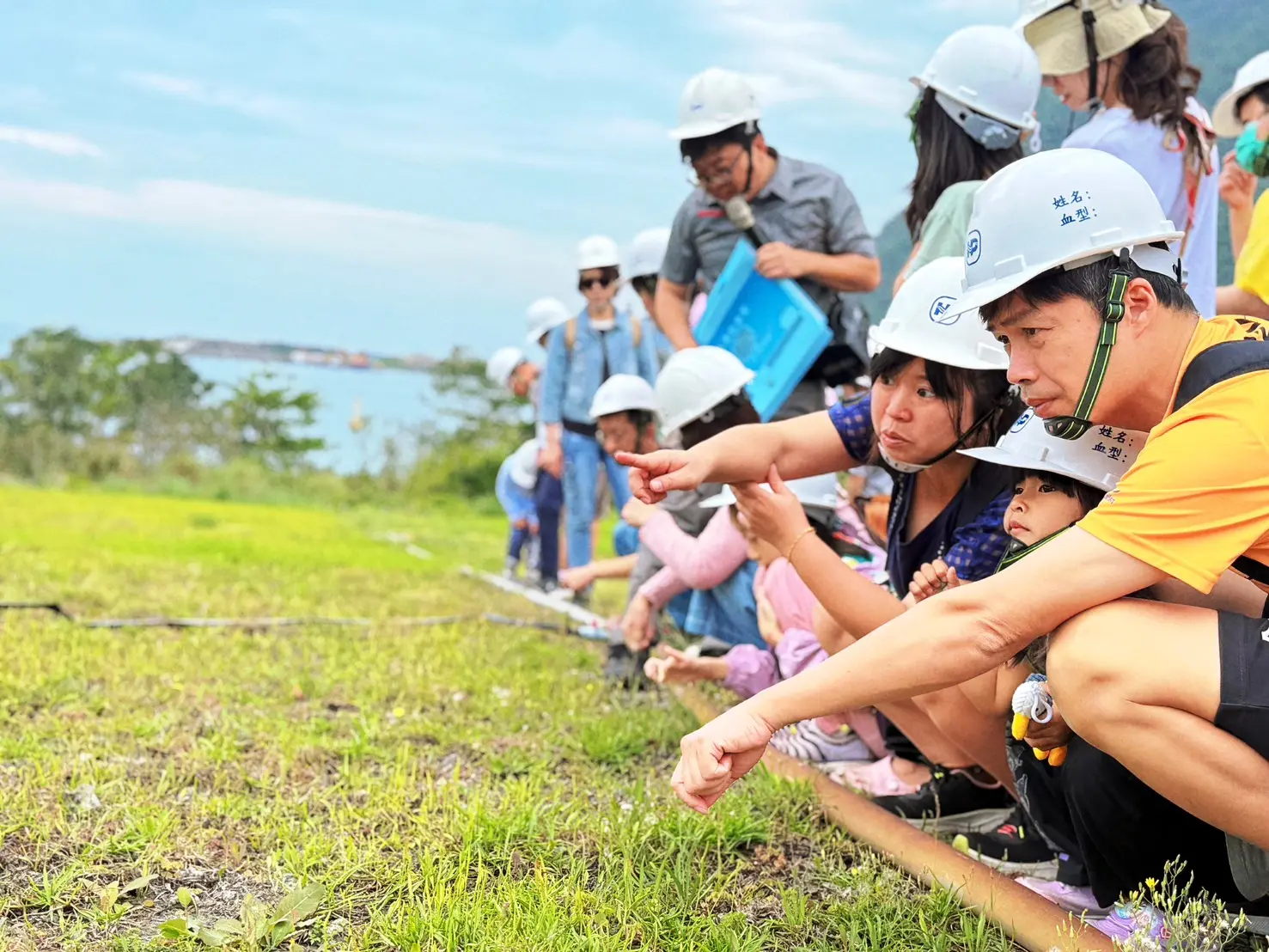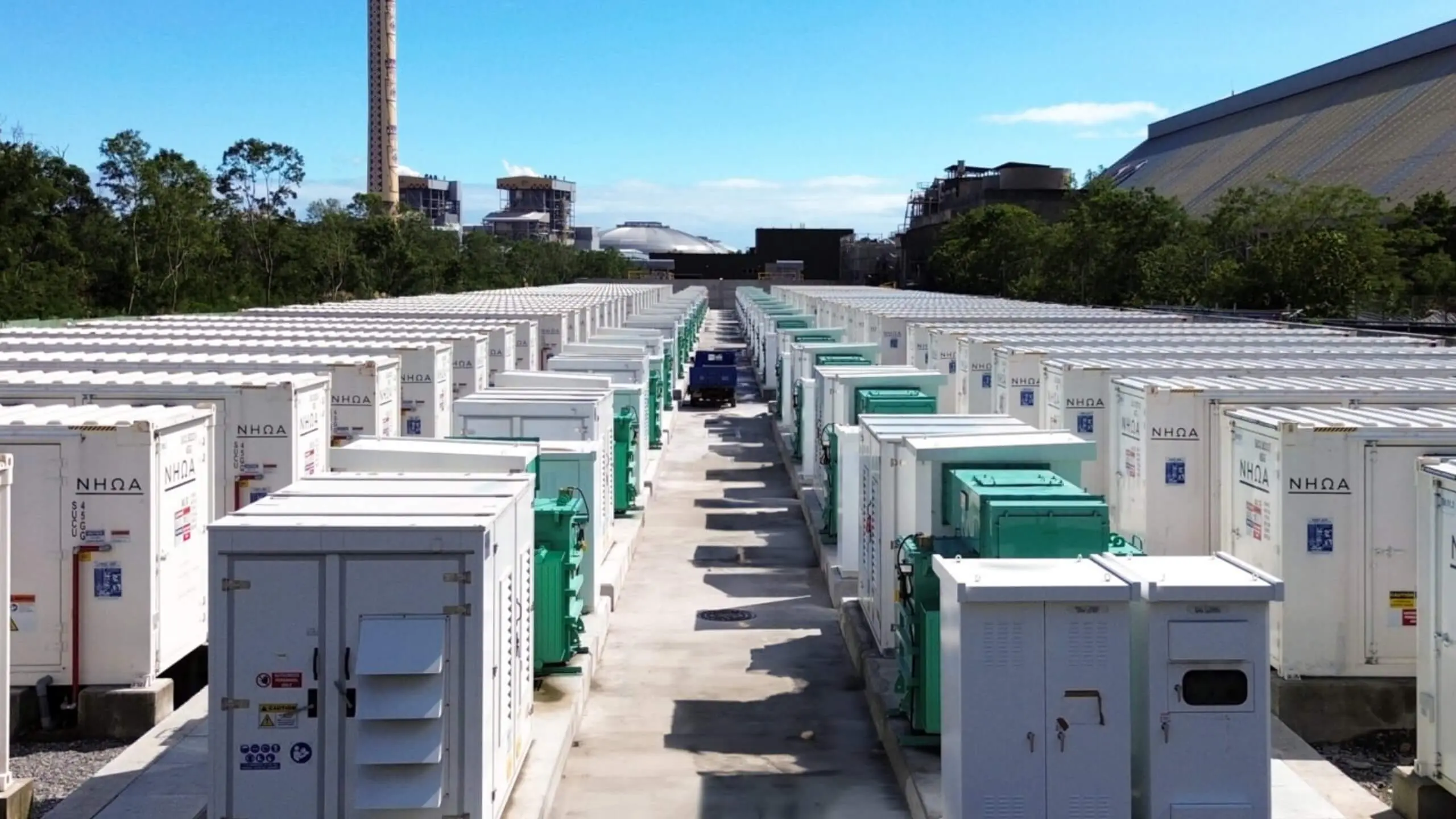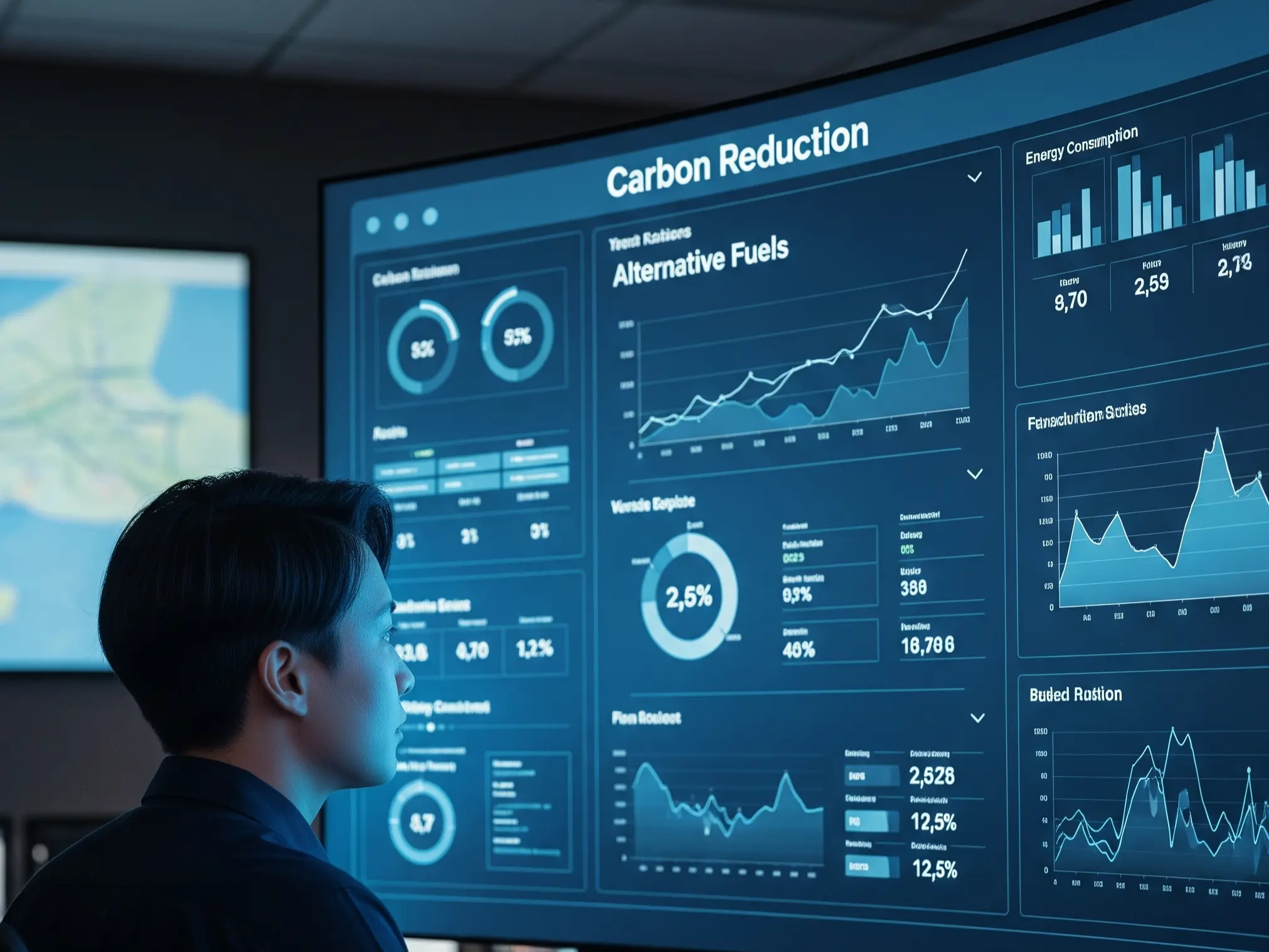Employee
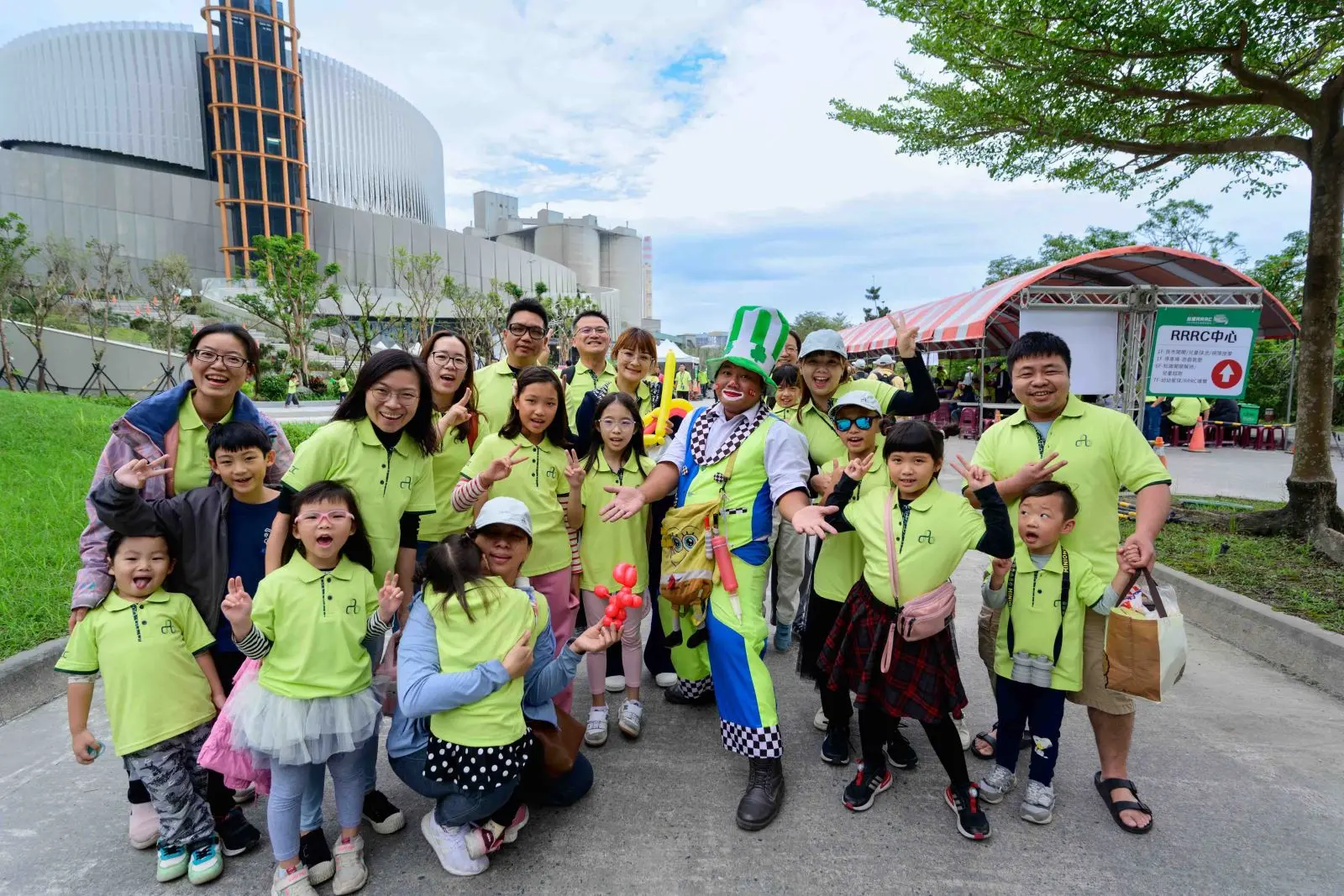
- Home
- Employee
Employee
Under the accelerating trends of a declining birthrate and an aging population, the challenges of generational shifts and knowledge gaps in the workplace are becoming increasingly prominent. TCC responds by promoting cross-generational integration and cross-domain development to encourage knowledge sharing and build a diverse, people-centered workplace.
Numbers of full-time empolyee in 2024
13772
Females in Management Positions (Cement & Ba ery Business, NHOA Energy)
19 %
Average training costs in 2024
NTD 135558
Number of Employees

Unit: people
Turnover Rate
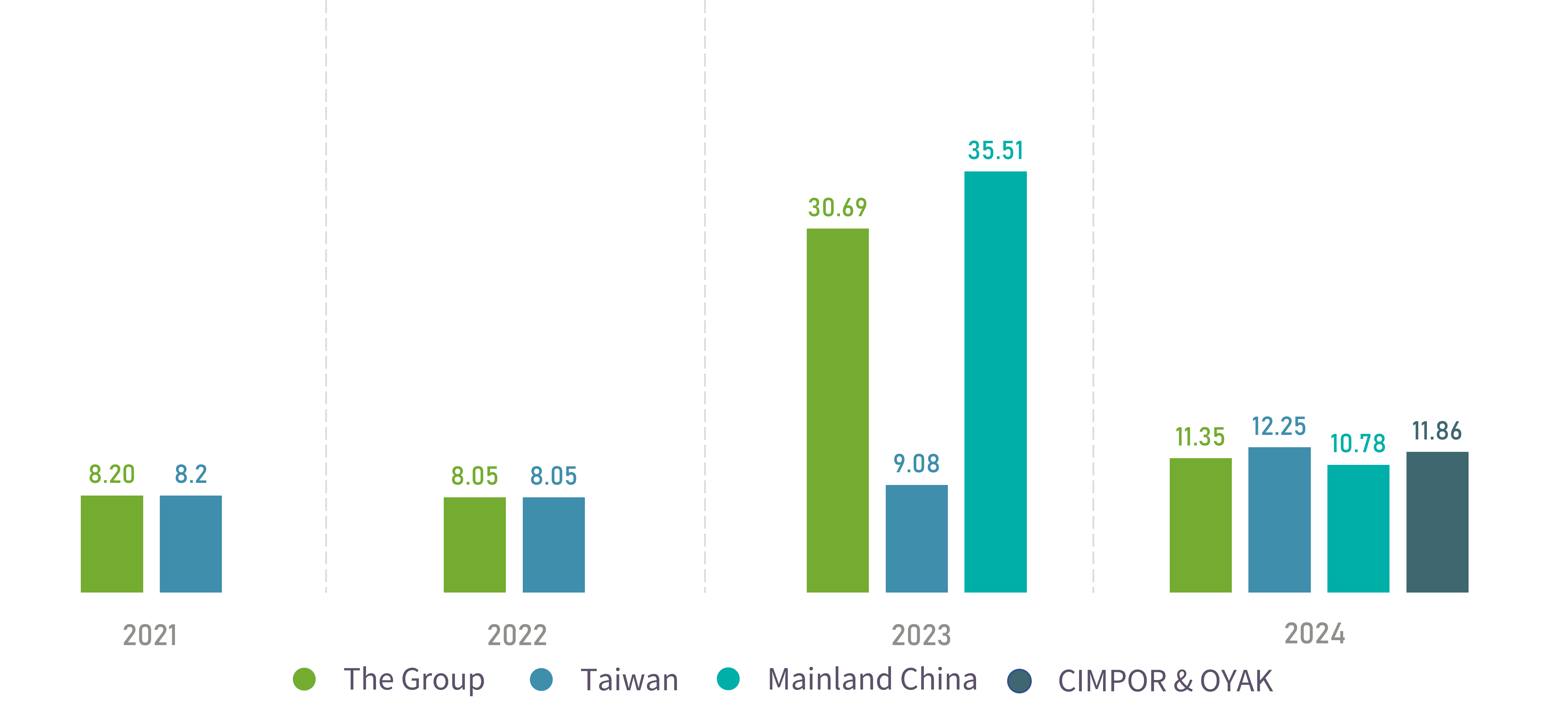
Unit: %
Note
The 2021-2022 disclosure scope covered operating sites in Taiwan.
In 2023, the scope expanded to the Mainland China cement business.
The newly disclosed scope in 2024 includes Huaihua and Liaoning cement plants; Fuzhou and Liuzhou grinding plants; 123 Environmental Protection Technology Co., Ltd., Beijing TCC Environmental Technology Co., Ltd., TCC (Guangdong) Renewable Resources Technology Company Limited, CIMPOR and OYAK CEMENT.
| 2021 | 2022 | 2023 | 2024 |
|---|---|---|---|---|
| Employees with Disabilities* | 1.7 | 1.5 | 1.8 | 1.7 |
| Minority Employees | 6.4 | 7.5 | 15 | 12.4 |
| Female Employees | 18.9 | 19.7 | 20.7 | 16.5 |
| Female in All Management Positions | 26.2 | 26.9 | 15.3 | 14.7 |
| Female in Junior Management Positions | 26.9 | 27.9 | 16.1 | 15.2 |
| Female in Top Management Positions | 20 | 18.2 | 6 | 9 |
| Female in STEM-Related Positions* | 35.2 | 36.6 | 23.7 | 23 |
Unit: %
Note
- The 2021-2022 disclosure scope covered operating sites in Taiwan.
- In 2023, the scope expanded to the Mainland China cement business.
- The newly disclosed scope in 2024 includes Huaihua and Liaoning cement plants; Fuzhou and Liuzhou grinding plants; 123 Environmental Protection Technology Co., Ltd., Beijing TCC Environmental Technology Co., Ltd., TCC (Guangdong) Renewable Resources Technology Company Limited, CIMPOR and OYAK CEMENT.
- The data disclosure scope for employees with disabilities is TCC Taiwan.
- The data disclosure scope for "percentage of female employees with STEM backgrounds" is: the Cement and Battery businesses, NHOA Energy, and Atlante (CIMPOR & OYAK).
Education & Training Investment

Unit: NTD
Average Training Costs

Unit: NTD per employee
Average Training Time

Unit: Hours per employee
Note
The 2021-2022 disclosure scope covered operating sites in Taiwan.
In 2023, the scope expanded to the Mainland China cement business.
The newly disclosed scope in 2024 includes Huaihua and Liaoning cement plants; Fuzhou and Liuzhou grinding plants; 123 Environmental Protection Technology Co., Ltd., Beijing TCC Environmental Technology Co., Ltd., TCC (Guangdong) Renewable Resources Technology Company Limited, CIMPOR and OYAK CEMENT.



